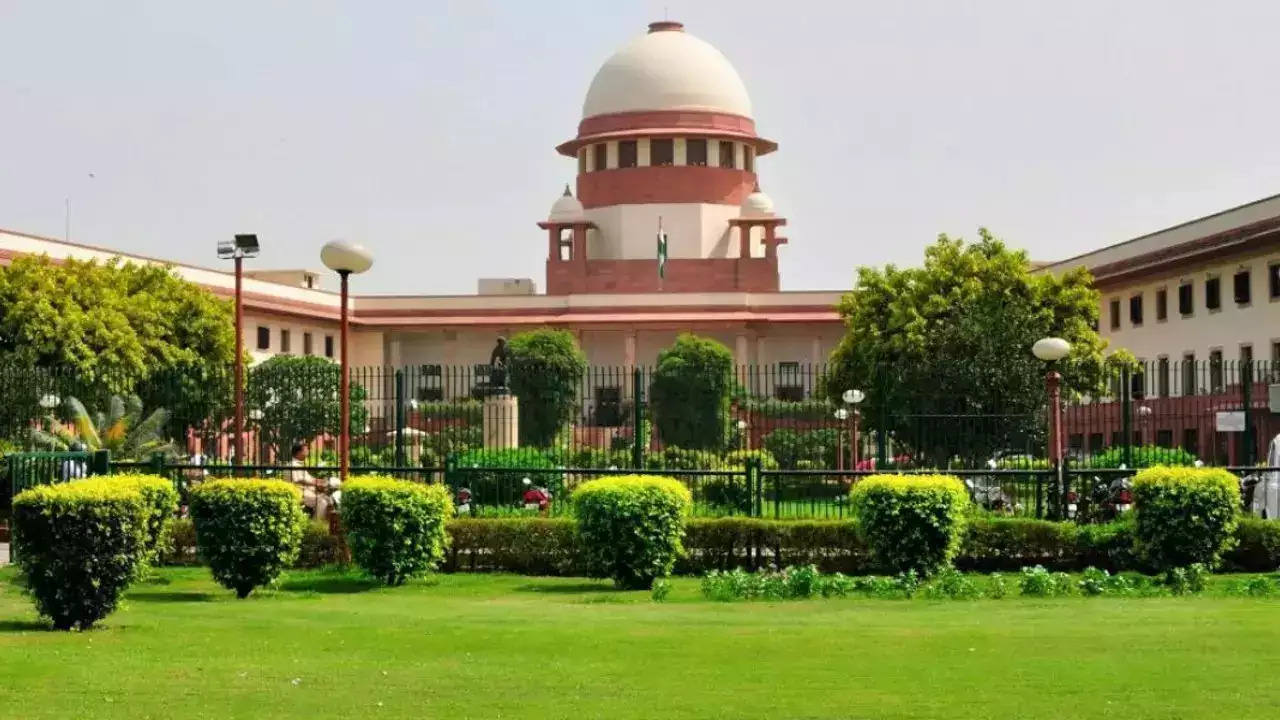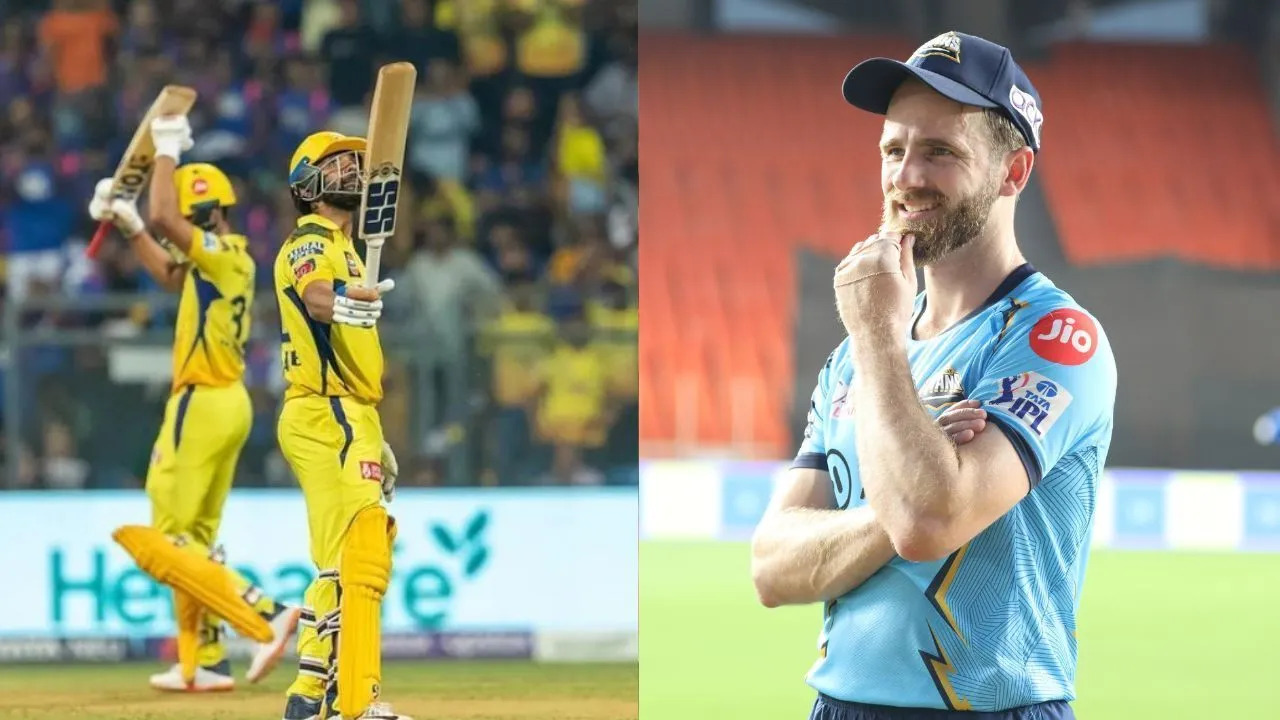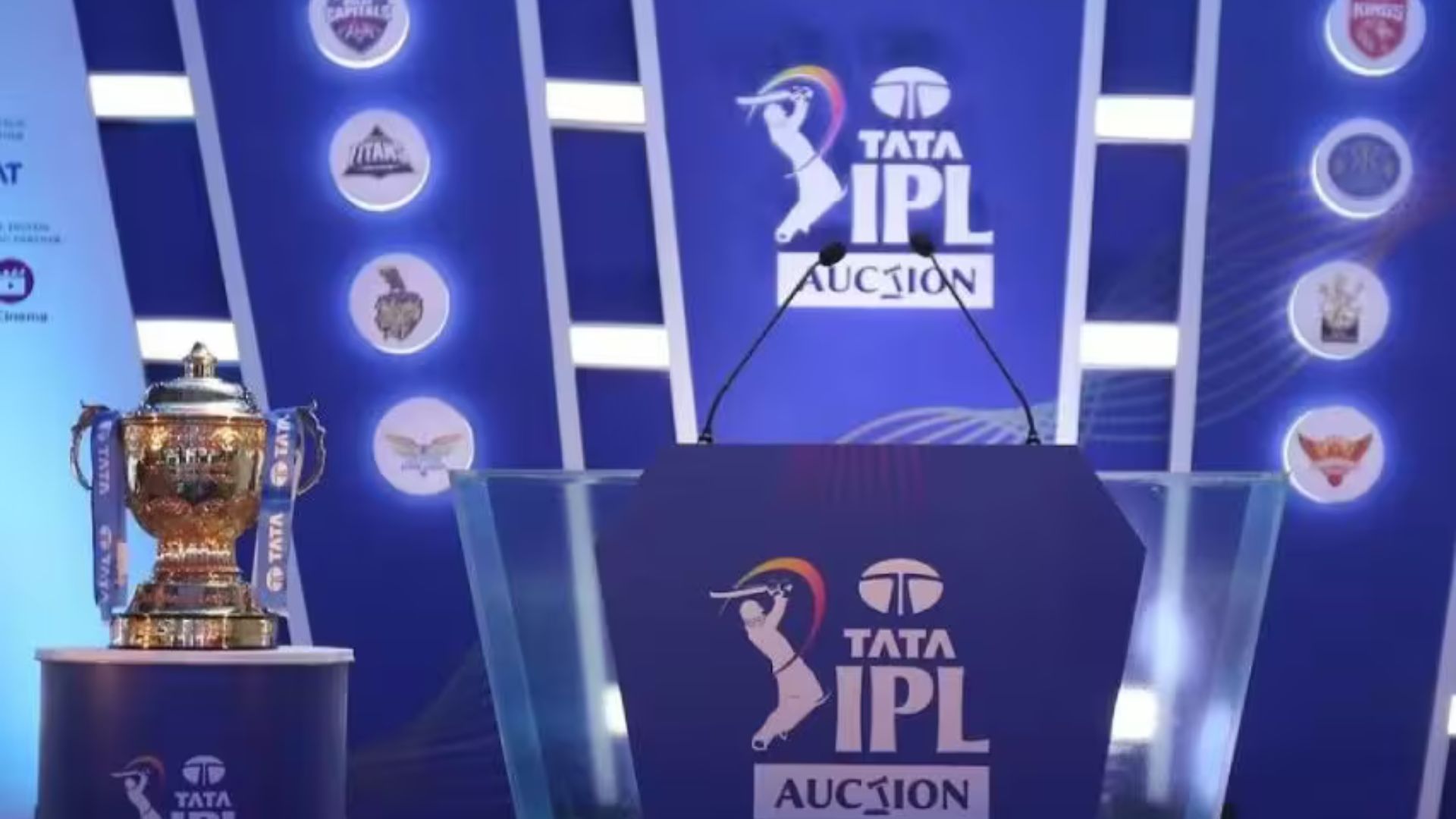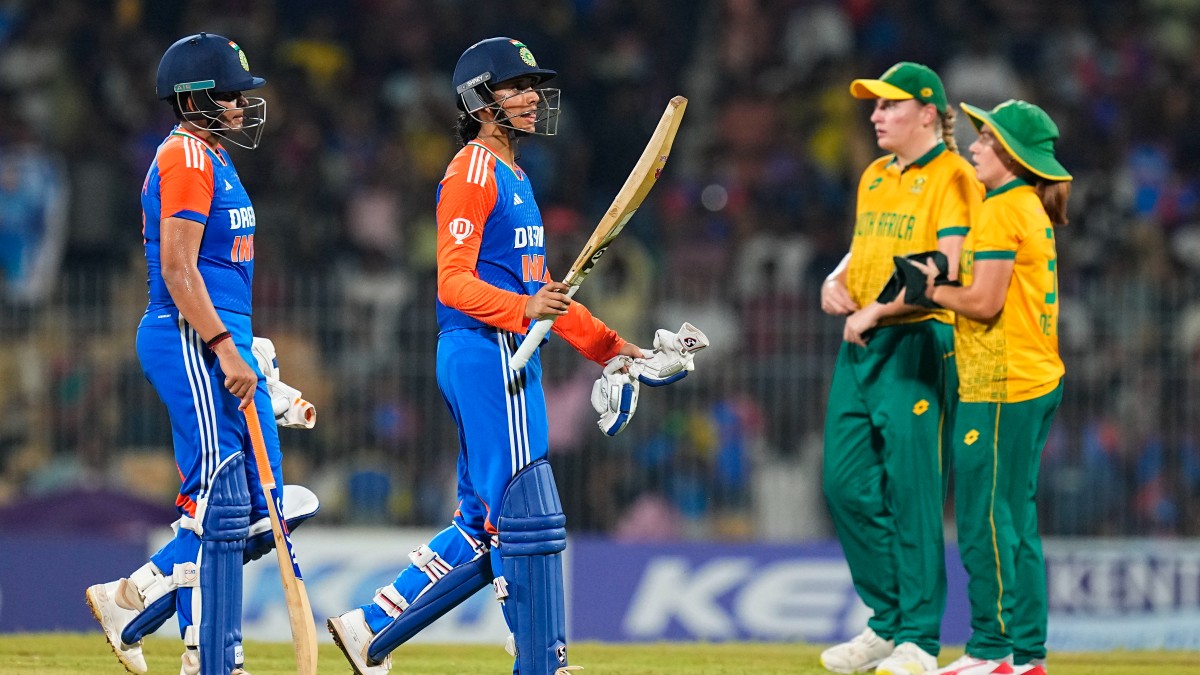The Supreme Court of India has denied a Public Interest Litigation (PIL) that sought lavatory facilities in cricket stadiums. The petitioner had filed a Public Interest Litigation (PIL) against the improper bathroom facilities in Mumbai stadiums; nevertheless, the court dismissed the request, finding the petitioner lacked locus (situated in the site where the concerned issue occurred). The division bench, which was made up of Justices Abhay Oka and Augustine George Masih, questioned the petitioner’s whereabouts on the filing of a PIL in the case.
How does this PIL compare? Will cricket players come to us if they are having issues? “Are you primarily an advocate or a cricket player?” Justice Oka said, as reported by Bar and Bench. Examine the pictures you’ve attached. There is nowhere to find your specific PIL. The Bombay High Court, or the High Court, acted correctly when it rejected your plea.
The Bombay High Court had dismissed the Public Interest Litigation (PIL) that had asked.
The Board of Control for Cricket in India (BCCI) and the Mumbai Cricket Association for facilities before the case even made it to the Supreme Court. The PIL pushed for boards to provide players and female spectators at games with basic amenities like clean drinking water and restrooms.
“The High Court made the perfect decision in declining to hear the PIL on the petitioner’s current request. We share the High Court’s perspective,” the Court declared.
In addition, the High Court declared that athletes are capable of taking care of themselves and that they can independently bring up concerns with the relevant administration if they feel that their needs are not being met.
“There is no explanation provided as to why members of this class, the players, cannot pursue their dispute on their own. Under these circumstances, the proper course of action would be to request that Respondent Nos.
Also Read: ‘I love watching Ashwin bowl, he’s an absolute master in the craft’ – Nathan Lyon before of Border-Gavaskar Trophy
1 and 2 take into consideration the recommendations made in the Public Interest Litigation (PIL) and, if possible, move forward with implementing the same. We clarify that our order should only be interpreted as recommendations and not as a command to Respondent Nos. 1 and 2 to provide the relief that the petitioner has requested.









 Win Projections to be updated soon
Win Projections to be updated soon












